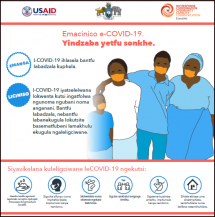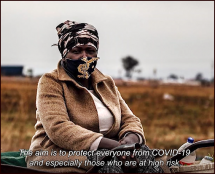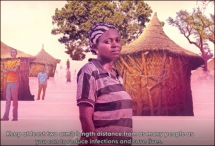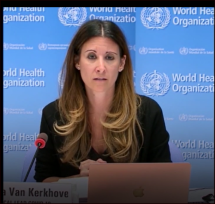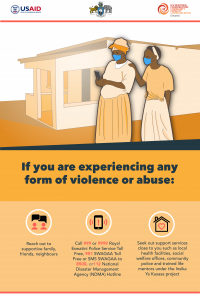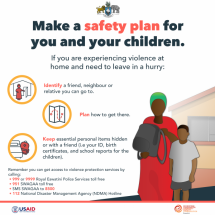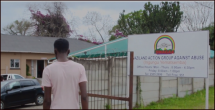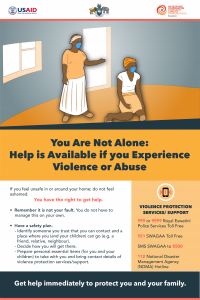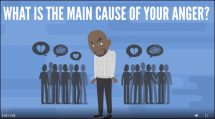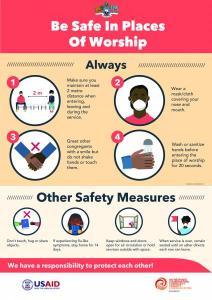Eswatini COVID-19 Mythbusters
The ten mythbusters, available in English and Siswati, were developed based on feedback received from chiefdom leadership who identified prevailing myths and misconceptions related to COVID-19 prevention, treatment or stigma related to recovery.
Key mythbusters tackle use of alcohol, garlic, hot baths, home remedies, sex, bleach and sanitizer, and hydroxychoroquine, with key facts. They also address misconceptions that only urban populations or older people are affected and reassure people about recovery.
The myths cover the following topics:
- Alcohol: Siswati English
- Garlic: Siswati English
- Hydroxychloroquine: Siswati English
- Older People: Siswati English
- Urban People: Siswati English
- Home Remedies: Siswati English
- Bleach and Sanitizer: Siswati English
- Hot Bath: Siswati English
- Sex: Siswati English
- Recovery: Siswati English
Source: Breakthrough ACTION/Johns Hopkins Center for Communication Programs
Date of Publication: June 6, 2021
SIMILIAR RESOURCES
Tools
Examples
- Technical Brief: Creating a Real-Time Rumor Management System for COVID-19
- Nigeria Centre for Disease Control COVID-19 Resource Center
- Local Media and Community Engagement in Humanitarian Settings
- Home-Based Care Reference Guide for COVID-19
- COVID-19 Testing Communications Toolkit
- Tools to Support Journalists and Newsrooms during COVID-19
- Actions to Support Media, Enhance Access to Information, and Leverage Digital Technologies in the Fight Against the Pandemic
- Building Trust while Influencing Online COVID-19 Content in the Social Media World
- Health-protective Behaviour, Social Media Usage and Conspiracy Belief during the COVID-19 Public Health Emergency
- Handbook for Media: the Coronavirus and COVID-19

